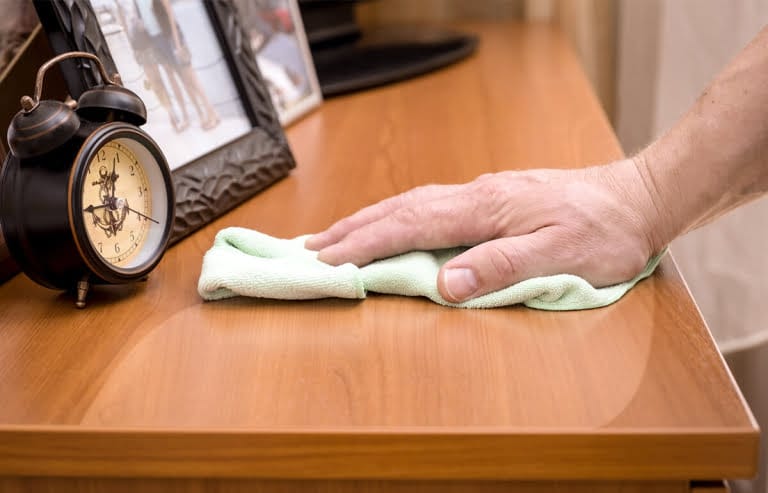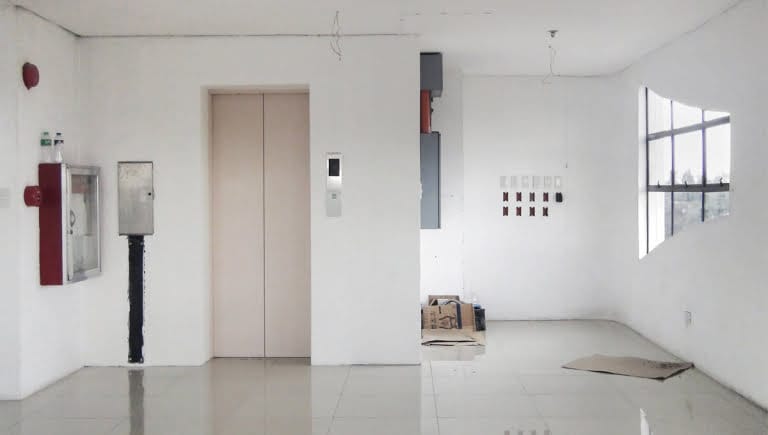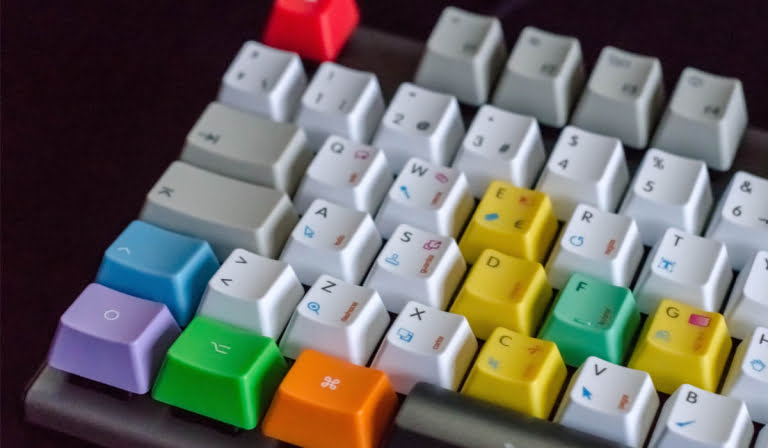A clogged drain is a problem that every householder will encounter sooner or later. Contrary to appearances, not everyone knows how to deal with it. There are various techniques and means for unblocking pipes. However, remember that blockages are divided into two types - bathroom and kitchen. Depending on where the problem occurs, we are dealing with a different cause of obstruction. Which pipe opener should be used in the kitchen and in the bathroom? Does pipe pushing require appropriate skills and equipment? Learn how to safely clean the drain and unclog the sewage system in your home!
Clogged drain. Why do clogs happen in the kitchen sink?
Depending on the room, the reasons for clogged pipes vary. Kitchen clogs occur mainly due to food and fat residues accumulating. They are considered the most difficult to remove. Grease settles on pipe walls when water pressure drops. Therefore, it often occurs at long sewer levels. Cleaning PVC pipes in kitchen drains therefore requires regularity. Especially when we have a large distance from the sink to the sewage system, which often occurs, for example, in apartment blocks. Neglecting this action may result in a blockage that is difficult to remove. Then a drugstore drain cleaner may not be enough. A clogged drain is not a trivial problem.
How do bathroom clogs occur?
In the bathroom, we deal with a completely different type of dirt. Drains in sinks, bathtubs and shower trays are more likely to become clogged. The most common cause of the problem is hair accumulating in the drain. The first symptom of clogged pipes is a characteristic gurgling sound at the drain. It is then worth using an effective pipe cleaner that will break down the deposits and unblock the drain.
Mechanical unblocking of pipes
A very popular tool for unblocking is the so-called spring for pushing pipes. This device has a very simple structure. It consists of a properly rolled steel wire and a sharp tip. The spiral ends with a special handle (crank) that helps you maneuver the tool freely. If the pipes are clogged, e.g. with hair, the spiral can help unblock the drain and remove the obstruction. Unfortunately, it is rather impractical in kitchen congestion. Moreover, its use requires the removal of the siphon in order for the spiral to enter the pipe. The use of chemical unblockers is much simpler and, in the case of grease or soap blockages, also more effective.
Which decongestant should be used in the kitchen and in the bathroom?
The drain cleaner should be quick and effective. Since we have a completely different type of clog in the kitchen than in the bathroom, it is worth choosing a cleaning method appropriate to the problem. There are many guides online on how to prepare a home-made pipe cleaner . Unfortunately, such a preparation can only help with minor dirt. It will be particularly difficult to clean the pipes in the bathroom with a home-made cleaner, where there are also fragments of soap. Such blockages should be treated with an appropriately strong agent such as Clinex Drill . This is an effective preparation for unblocking sewage pipes , which can cope with both kitchen and bathroom blockages.
How does Clinex Drill drain cleaner work?
Its use is extremely easy and, most importantly, safe for the sewage system. Clinex Drill is available as a ready-made preparation for direct use. Simply pour 200 to 500 ml of liquid into the clogged drain and leave it for 15 to 30 minutes. During this time, the active ingredients of the product will dissolve all solid and organic impurities, thus clearing the sewage system. After the set time, simply rinse the drain thoroughly with warm water. Clinex Drill works quickly, also dissolving fat, cotton wool, kitchen scraps and paper. Due to its gel consistency, it effectively settles on pipe walls, eliminating any blockages in both kitchen and bathroom areas.
Clogged drain in the toilet
Drains in sinks, washbasins and bathtubs cause us the most problems. Unfortunately, we forget about toilets, which also need regular cleaning. Chemicals for cleaning toilets are not only an effective way to unclog the sewage system. This is also a way to avoid blockages in the toilet. They allow you to clean the walls of sewage pipes and prevent residues from accumulating on them.
Finally, remember that prevention is better than cure!
It has long been known that prevention is better than cure. Therefore, remember to use the pipe cleaner regularly to avoid blockages. Once in a while, unscrew and clean the siphon, while checking the patency of the drainage pipes. If you have hard water, use a pipe descaler regularly to help protect your installation from limescale. How to descale water pipes ? Here, chemicals are needed that will effectively remove the sediment and not damage the pipes. However, it is worth preventing the formation of scale by using descaling agents.






